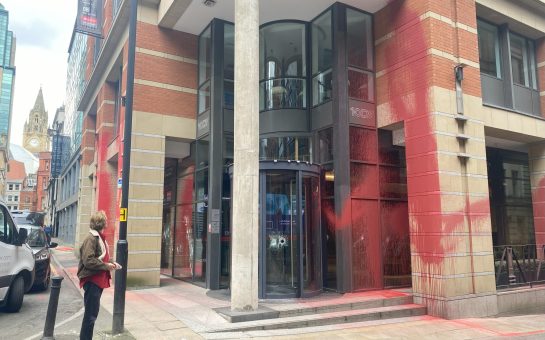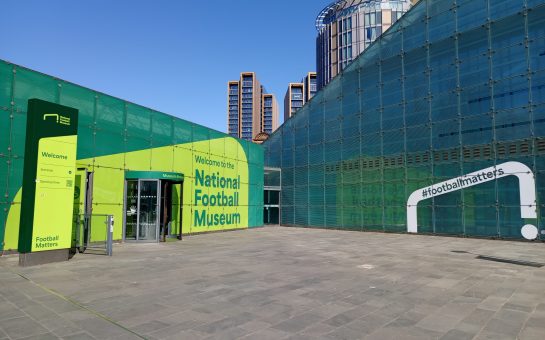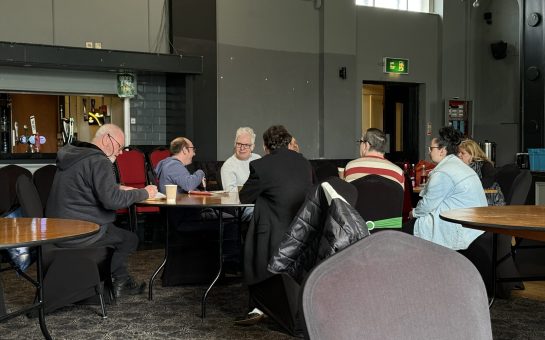Greater Manchester police commissioner Tony Lloyd is calling on communities across the region to take a stand against the barbaric ‘child abuse’ practice of female genital mutilation.
Each year thousands of schoolgirls across the region could be at risk of genital mutilation, many at the hands of their own families, and it is believed that up to 140 million women across the world have undergone the procedure.
Female genital mutilation involves the partial or complete removal of external female genitalia for no medical reason.
As the UN marked International Day of Zero Tolerance to Female Genital Mutilation, Mr Lloyd spoke out, describing the practice as ‘child abuse’.
“In short, it is child abuse. Sadly it is a practice which is carried out in some African, Asian and Middle Eastern communities in the UK” said Mr Lloyd.
“It is illegal, it is life-threatening, and it can leave its young victims in real agony with long-term physical and psychological problems which often continue into adulthood.”
The procedure is often carried out with no anaesthetic, usually by a woman with no formal medical training using a knife or razor. The short term implications include severe pain, shock and the risk of HIV, Hepatitis B & C with the long term risks including sexual dysfunction, problems in child birth and in 10% of victims, death.
Warning signals include girls talking about holidays to ‘become a woman’ and on their return to school asking to go the toilet more often because of their discomfort.
Many believe that FGM is necessary to ensure acceptance by their community, however it is against the law in the UK and many other countries.
Last year, the NSPCC launched a 24 hour advice and support line for anyone who is worried about a child being or becoming a victim. More than 1700 in the UK were referred to specialist clinics over the past two years, but it is believed the true number is higher.
Help is on hand via the NSPCC helpline 0800 028 3550 or email [email protected]
Picture courtesy of Labour York via Flickr, with thanks.
For more on this story and many others, follow Mancunian Matters on Twitter and Facebook.



